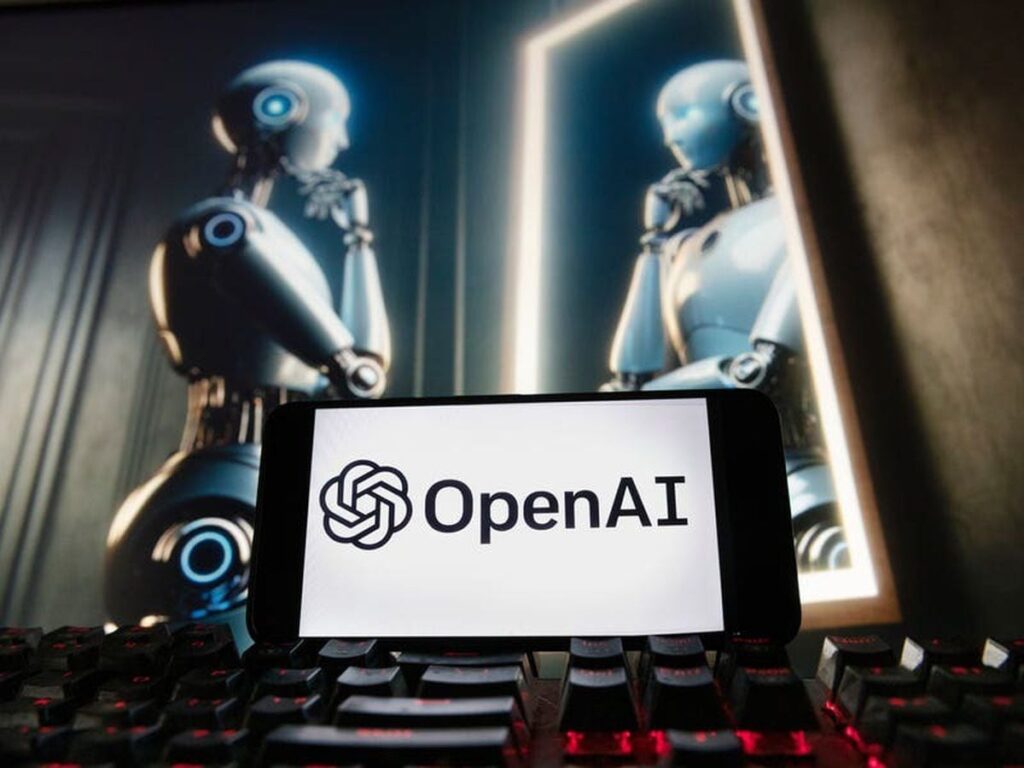The European Union is stepping up its scrutiny of the artificial intelligence (AI) industry, including by re-examining Microsoft's multi-billion-dollar partnership with OpenAI, a senior EU official said on Friday.
The European Commission, the European Union's executive arm, launched a review last year into whether the deal breached EU merger rules but dropped it after concluding that Microsoft had not gained a controlling stake in OpenAI, Margrethe Vestager, the bloc's vice-president for competition policy, said in a speech.
“Microsoft has invested $13bn (£10.3bn) in OpenAI over the years,” she said, “but we must ensure that such collaborations do not become a cover for one partner to have dominant influence over the other.”
She suggested other steps would be taken to investigate the deal and the entire industry by the European Commission, which is applying European Union antitrust laws that target misconduct by companies with dominant market positions.
The EU “wants to understand whether certain exclusivity clauses may have adverse effects on competitors,” she said.
A Microsoft spokesperson said: “We appreciate the European Commission's thorough investigation and conclusion that Microsoft's investment and partnership with OpenAI does not give Microsoft control over the company. We stand ready to respond to any further questions the European Commission may have.”
OpenAI did not immediately respond to a request for comment.
The increased scrutiny highlights how EU regulators have been spearheading a global movement to regulate big tech companies, including major AI companies. The EU is leading the way with its soon-to-come AI law, the world's first comprehensive AI regulation.
Vestager said the EU was also concerned about consumer choice over the underlying model, the technology that underpins generative AI systems like chatbots.
He said EU regulators sent the request for information “to better understand the impact of the deal between Google and Samsung” to pre-install Gemini Nano, the smallest version of Google's Gemini AI-based model, on some of the South Korean technology company's devices.
“There are also a number of other preliminary antitrust investigations underway into various practices in AI-related markets,” she added.
The committee is also investigating so-called “hiring by acquisition,” where a company buys another company primarily for its talent, such as Microsoft's hiring of Inflection AI founder Mustafa Suleiman and other senior staff.
“If these practices fundamentally lead to concentration, we will not allow them to get around our merger control rules,” she said.



